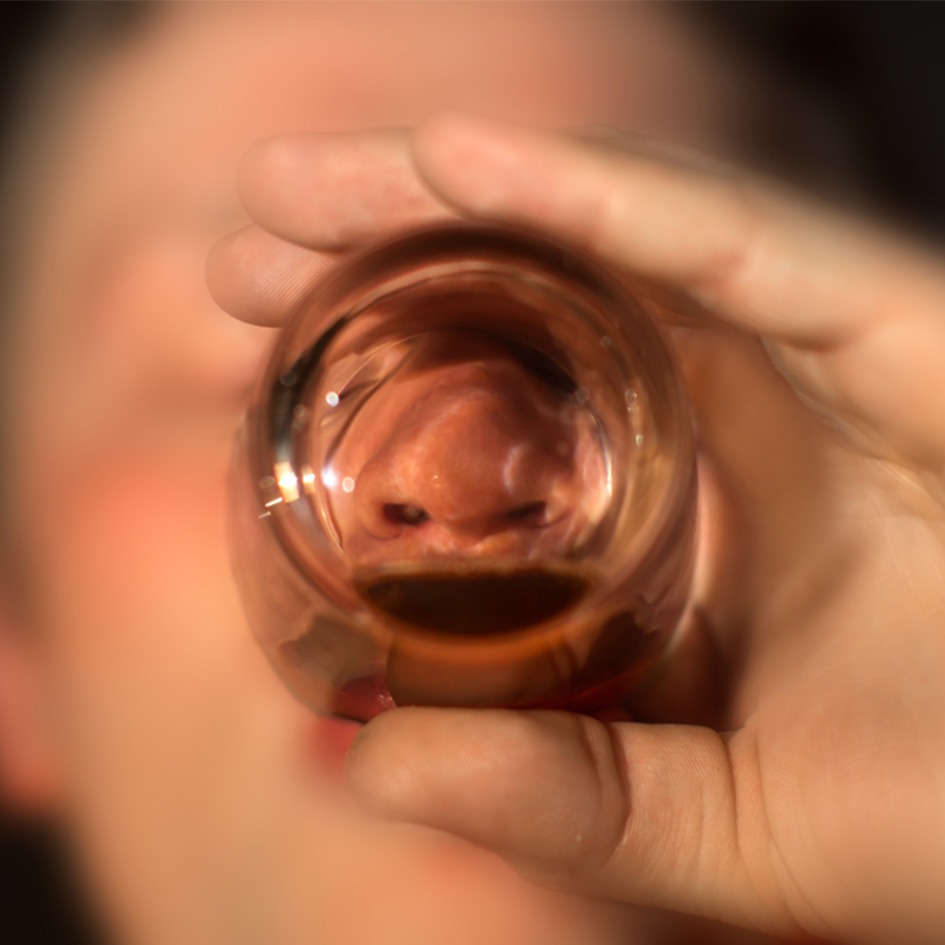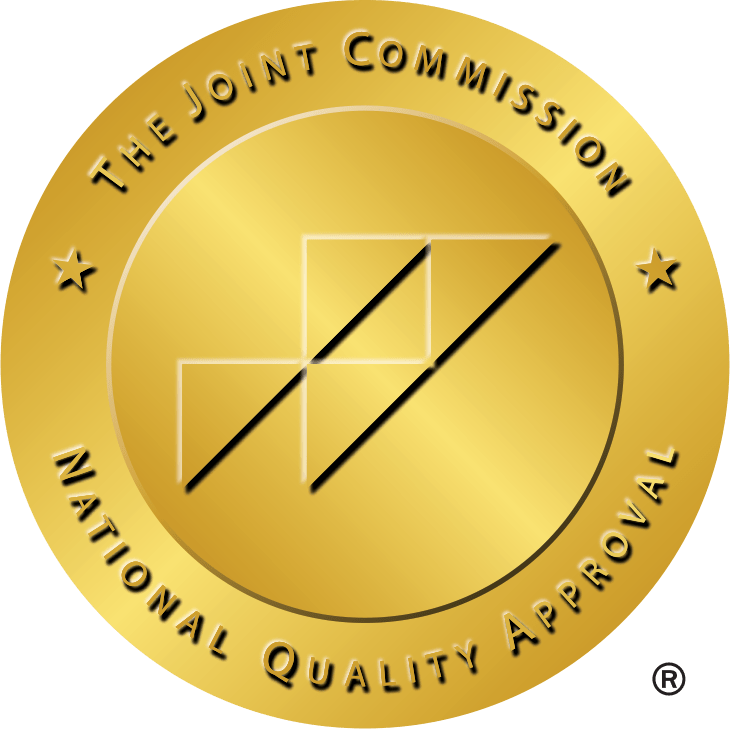Binge drinking, defined as consuming a large amount of alcohol in a short period, poses significant health risks to the people of Tennessee and the country as a whole.
Binge drinking, defined as consuming a large amount of alcohol in a short period, poses significant health risks to the people of Tennessee and the country as a whole.
Binge drinking has been around since the discovery of alcohol, and its negative effects have plagued people across the world time and time again.
Our home state of Tennessee is no exception. In 2021, 15.5% of men and women reported binge drinking in the last 30 days.
But what are some of Tennesse’s drinking trends and how do they compare to other states? How do they compare to the country?
Read on to learn more!

What is Binge Drinking?
Binge drinking refers to a pattern of alcohol consumption where a person consumes a large amount of alcohol in a short period.
While the specific definition of binge drinking may vary slightly across different countries and organizations, it generally involves reaching or exceeding a specific blood alcohol concentration (BAC) threshold within a relatively short time frame.
But what constitutes “binge drinking?”
The National Institute on Alcohol Abuse and Alcoholism (NIAAA) defines binge drinking as a pattern of drinking that brings a person’s BAC to 0.08% or higher. This typically occurs when a woman consumes four or more alcoholic drinks, or a man consumes five or more alcoholic drinks, within about two hours.
Binge drinking can have various negative effects on a person’s health and well-being. It increases the risk of accidents, injuries, alcohol poisoning, and impaired judgment, which can lead to dangerous behaviors.
Regular and excessive binge drinking can also contribute to long-term health issues such as liver disease, cardiovascular problems, and mental health disorders like depression, anxiety disorders, and bipolar disorder.
Additional Trends
Tennessee has had a long history of binge drinking, and the state is 12th out of the 49 states that reported on their binge drinking (1 is the lowest %, 49 is the highest). Florida is the only state that has no recent reports on its state binge drinking rates.
Although Tennessee’s 15.5% may seem far lower compared to the biggest binge-drinking state of Wisconsin (23.8%), the difference isn’t the biggest win for the state.
Since 2011, the US’s binge drinking habits have varied from nearly 20% to 17.3%, yet Tennessee’s binge drinking habits have only increased in that timeframe.

The statistics also highlight the relationship between binge drinking, physical health, and educational attainment.
In terms of physical health, 78.7% of adults in Tennessee report good physical health, which is slightly below the national average of 82.5%.
Additionally, the data shows that 27.5% of adults in Tennessee have graduated college, slightly lower than the national average of 32.6%. These figures suggest a potential correlation between lower educational attainment and binge drinking rates, which may have implications for health outcomes.
Examining employment demographics reveals an interesting pattern too. In Tennessee, 35.7% of adults work in management and business jobs, slightly lower than the national average of 38.6%.
While it is challenging to establish a direct relationship between employment and binge drinking, this statistic offers insights into the occupational distribution among individuals who engage in excessive alcohol consumption. Further research could explore how occupational factors intersect with binge drinking rates and their impact on public health.
If you or a loved one is struggling with binge drinking, call Brooks Healing Center today to speak with one of our medical professionals so we can help you with your best course of action.




